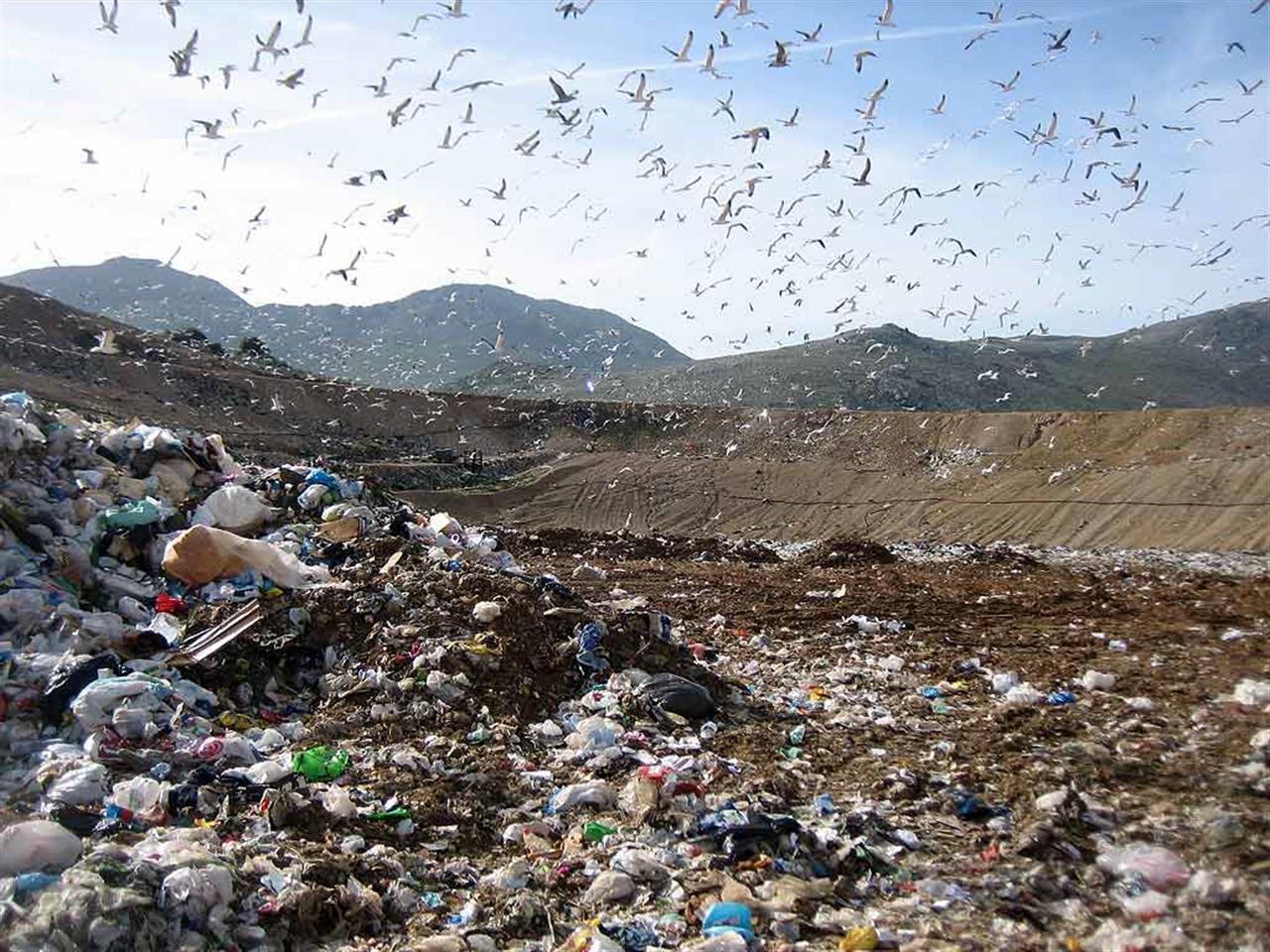A missed opportunity for the environment
A large amount of EU waste funding has gone unspent. If the money is not invested by 2015, it could go lost forever
di Staff

It could be a huge loss for the EU. Over 40% of 6.2 billion euro waste funding was unspent at the end of 2011. The money will be not carried over into the next financial period and it will be lost forever if the member states do not invest it by the end of 2015.
According to the European Commission, Bulgaria, Greece, Hungary and Italy had more than €200 million each at the end of 2011, while Czech, Poland and Romania had more than €330 million each still available in cohesion policy funding for waste.
Among the obstacle which prevented the money from being used ,there is the financial struggles that many of the member states are facing at the moment. As a matter of fact the cohesion policy has a co-financing rule, which states that EU countries must add to the funding made available by Europe with their own cash.
According to the commission spokeswoman however there is still ample time left before the deadline, “therefore, it is not possible to say that all projects are not being implemented because of a lack of co-financing, even though it is true that co-financing has become a challenge for member states as a result of the crisis”, she said.
The municipal waste will require the largest infrastructure developments. As a EU study on funding needs in the waste sector found in 2011.
Member states must use their remaining cohesion policy funding from the current 2007-13 cohesion policy package soon.
“Any money not spent before the end of 2015 is not carried over into the next financial period. It is lost to the member states in terms of the cohesion policy budget and to the EU budget and cannot be reused,” the commission warned.
A 2011 EU study on funding needs in the waste sector found that municipal waste will require the largest infrastructure developments in coming years, particularly for the expansion of recycling, composting and sorting plants, and incinerators. According to the same study, co-financing incentives could be used to encourage projects that contribute to sustainability goals, by applying different co-financing rates to projects depending on how well they contribute to those goals.
Cosa fa VITA?
Da 30 anni VITA è la testata di riferimento dell’innovazione sociale, dell’attivismo civico e del Terzo settore. Siamo un’impresa sociale senza scopo di lucro: raccontiamo storie, promuoviamo campagne, interpelliamo le imprese, la politica e le istituzioni per promuovere i valori dell’interesse generale e del bene comune. Se riusciamo a farlo è grazie a chi decide di sostenerci.
